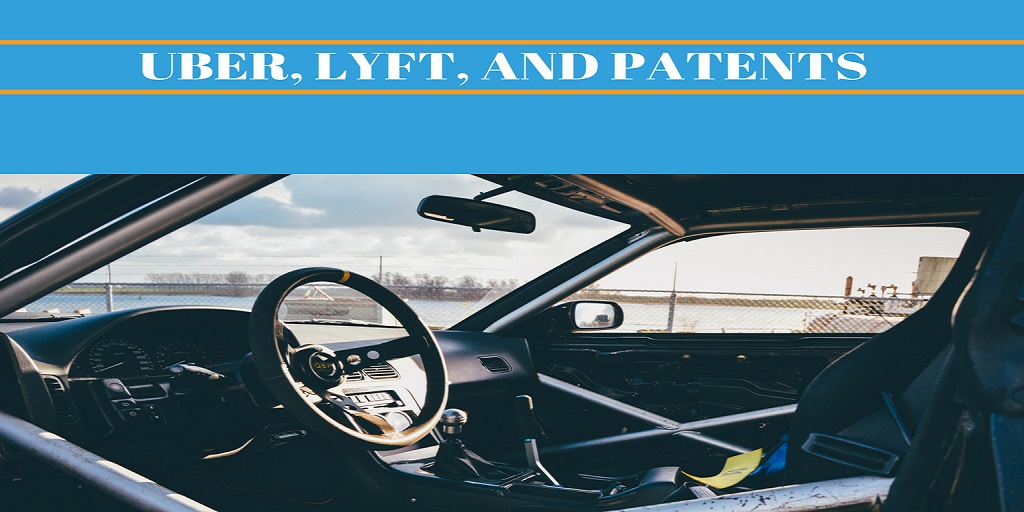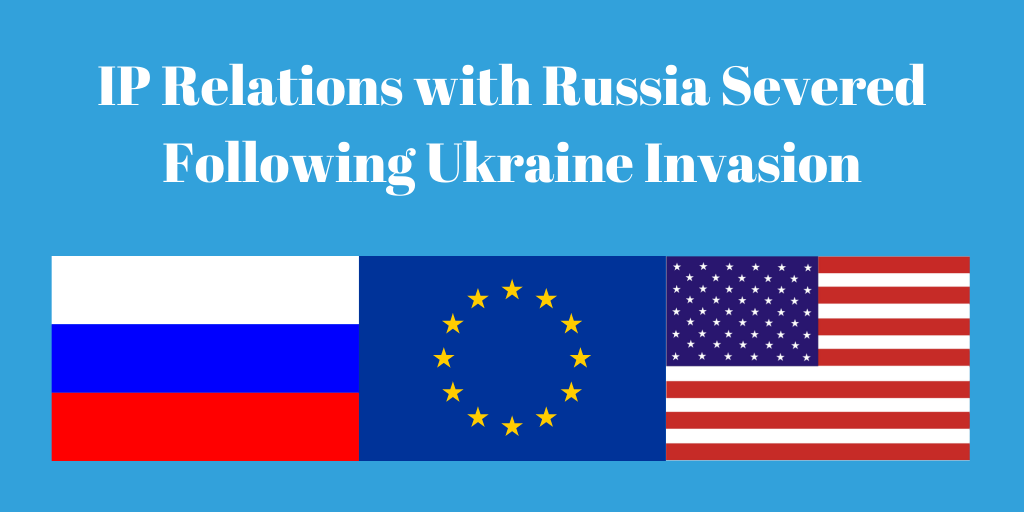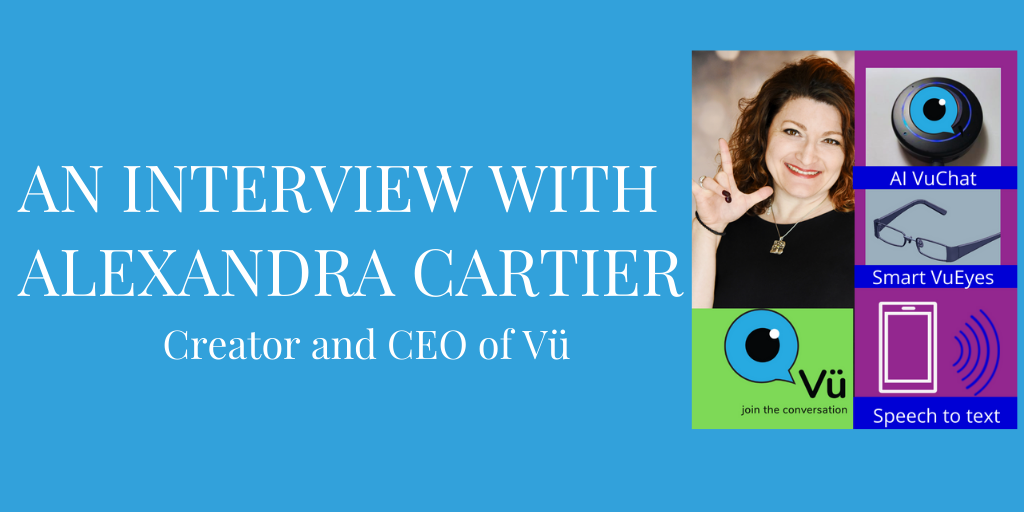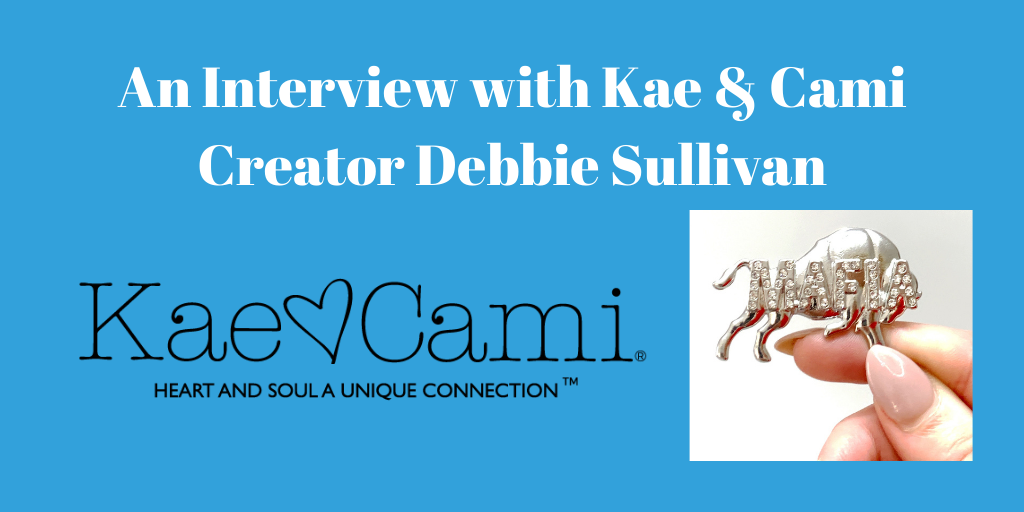Uber, Lyft, and patents.
It used to be a hassle getting around town without a car. Even if you had a car, parking could still be a pain. But that’s no longer the case. In today’s age of cellphones and apps, fast and cheap transportation is only a tap away.
With the advent of ride sharing apps, anyone with a smart phone can call transportation right to their exact location to take them to their next destination. Two companies that are especially well known in the ride sharing business include Uber Technologies, Inc. (“Uber”) and Lyft Inc. (“Lyft”). Not only have these two ride sharing giants have come a long way, but they both amassed a large amount of patent protection for their assets as well.
Patents, patents, and more patents.
Saying Uber has a good amount of patents would be an understatement. The ride-sharing giant has more than 130 patents assigned to it, which could be said to be a significant amount of patent protection. Although Uber has numerous patents, it most likely does not have a patent on the general idea of ride sharing itself. The general idea of ride-sharing all by itself would most likely not be patentable subject matter since it would most likely be considered an abstract idea. But trying to patent the more defined and more specific aspects of the idea of ride sharing may be possible.
With so many patents assigned under Uber’s name, would it possible to exclude some of their competition such as Lyft? Although excluding Lyft entirely from the ride sharing business would probably be unlikely, Uber can still possibly bring a patent infringement suit if Lyft infringes on one of Uber’s patents or vice versa since Lyft also has a good deal of patents.
What is patent infringement?
Patent infringement is using, making, selling, offering for sale, or importing the invention covered by the patent into the United States without the authorization of the patent owner. But patent infringement doesn’t just come in one flavor, it comes in several. There can be literal patent infringement, infringement under the doctrine of equivalence, and contributory infringement. But the two that will be discussed in this article will be literal patent infringement and infringement under the doctrine of equivalence.
Direct infringement
Direct infringement is one of the most commons claims a patent holder would assert against an alleged infringer. Direct infringement alleges that the accused has made, used, or sold some device or thing that contains every single element of a patented invention. However, there is no infringement if the accused device or thing is missing one or more elements of the patented invention.
Infringement under the doctrine of equivalence
As stated earlier, there is no direct infringement if the accused device or thing does not contain every element of the patented invention. Thus, direct patent infringement could be avoided by making an immaterial change to the accused device or thing. It was recognized that this was an unfair way for parties to bypass patent rights, so infringement under the doctrine of equivalence was created. In the simplest of terms, there can still be patent infringement if the accused device or thing is considered an equivalent to the patented invention.
Both Uber and Lyft have patent infringement lawsuits on their hands.
There has yet to be news about either Lyft or Uber suing one another for patent infringement. However, Halio, a California limited liability company, has sued both ride sharing companies for patent infringement. In its complaint against Uber (which is very similar to the complaint against Lyft), Halio alleged that Uber infringed on No. 5,973,619 (“the ‘619 Patent”), which is titled “Automated vehicle dispatch and payment honoring system.” This is very interesting since the ‘619 patent was granted in 1999, almost 19 years ago.
To read Halio’s complaint, click here
Possible defenses?
What are some defenses that either Uber or Lyft can raise against the alleged patent infringement assertions? There are several defenses in patent infringement cases, but not all of them are going to apply. However, two defenses that are extremely common and most likely to be raised in this case include invalidity and non-infringement of the ‘619 patent.
Invalidity
One common defense that is used in many patent infringement cases is that the plaintiff’s patent is invalid. The plaintiff’s patent could be alleged to be invalid on various grounds, such as novelty or obviousness grounds. If the patent is found to be invalid for whatever reason, then it is no longer enforceable.
Non-Infringement
The defense of non-infringement is just as it sounds: the defendant did not infringe on the plaintiff’s patents. The defendant can assert that there is no direct infringement because the accused invention does not have all the claims of the patented invention. Or if the allegations are under the doctrine of equivalence, that the accused invention is not an equivalent of the patented invention.
Other options
Instead of going all the way to court, either Uber or Lyft can opt for inter partes review (“IPR”). IPR is an administrative proceeding where the Patent trial and Appeal Board reviews the validity of the patent. IPR is often much less expensive than going all the way to court and can possibly save parties millions. It’s a common option among big companies that have to constantly deal with patent infringement suits.
What are your thoughts on Uber and Lyft’s patents? Or how about the lawsuit against them? Let us know what you think and leave a comment below!
Interested in more patents? Here’s a video!
Get Started Today!
Does this article interest you? Subscribe to the LoTempio Law email newsletter to receive posts and updates just like this conveniently in your email box!
If you’ve enjoyed this blog post, we have lots more where this came from, including an Inventors Guide Video Series where we help you turn your good idea into a profitable invention, and tons of other great content. Simply enter your email address and hit sign up and you’ll get everything, including blog posts like these, conveniently in your email box!
Have any questions? Give us a call at 1-800-866-0039. Consultations are FREE.
Disclaimer: This article is not intended to be legal advice and is meant to be for educational or entertainment purposes only. Please do not use the article or contents of the article without permission. For legal advice and questions, please contact registered Patent Attorney Vincent LoTempio.






December 27, 2018 @ 1:35 am
I read your blog “Uber, Lyft, and patents” posting of May 11, 2018 with much interest. As a potential follow on blog topic, I bring to your attention the follow:
Uber & Lyft launching America’s largest IPO’s may not have the right to operate in the USA.
These two IPO candidates are now racing to clear any remaining obstacles that could hamper their plans, however, not everything is looking good. Both companies continue to operate at a loss as they burn through cash. A recession is predicted to hit by 2020 and the stock market is softening. In this deteriorating IPO environment, Uber, under the terms of SoftBank’s investment, is required to file its IPO by September 30, 2019.
Now there is one more thing for Uber to worry about and it could spell disaster for its rival Lyft as well. The ride sharing/hailing giant is being sued by X One, Inc. for patent infringement. The patents at issue cover the fundamental ride sharing technology at the core of the ride-sharing business models, meaning Lyft and possibly others may also be infringing.
As far as I can tell, X One has the mother of all ride-sharing patent portfolios. The asserted patents are now battled hardened as all claims survived the IPR challenge. Anyway, it’s an interesting story.